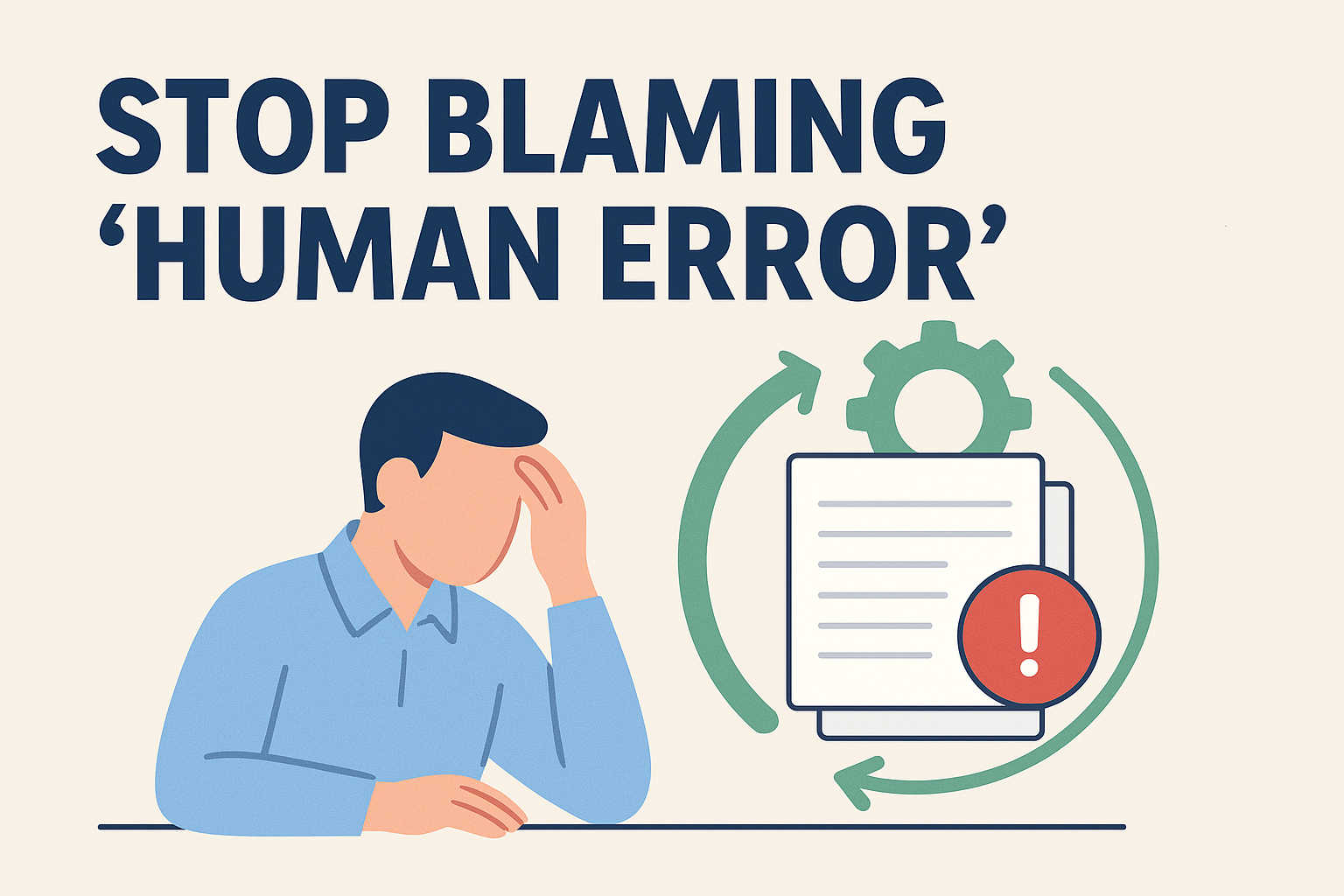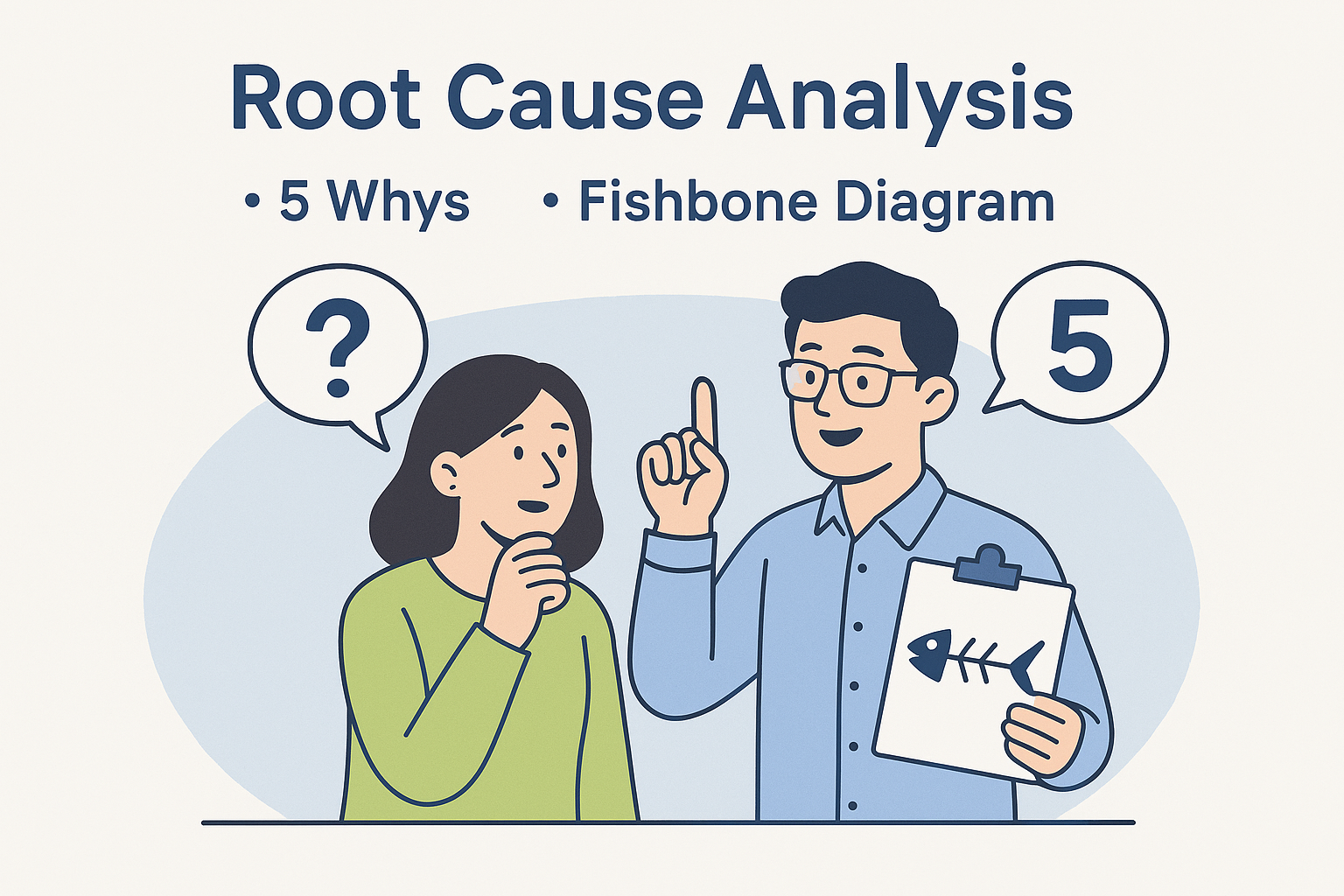Mohamad-Ali Salloum is a Pharmacist and science writer. He loves simplifying science to the general public and healthcare students through words and illustrations. When he's not working, you can usually find him in the gym, reading a book, or learning a new skill.
How to Use AI Without Losing Your Brain Power
Share
🤔 Big Question: Is AI Making Us Smarter—or Lazier?
AI is everywhere—writing emails, summarizing reports, even generating business strategies. It’s fast, efficient, and feels like magic. But here’s the hidden cost: the more we let AI think for us, the less we practice thinking ourselves.
Do you feel your thinking skills have declined since using AI tools?
🧠 The Science Behind the Risk
Neuroscientists call this cognitive offloading —delegating mental tasks to external systems. It’s not new (we’ve used calculators and GPS for decades), but AI takes it further by replacing reasoning, creativity, and decision-making. Studies increasingly suggest that heavy AI reliance can correlate with lower critical thinking and reduced recall—because the brain, like a muscle, weakens when it’s not exercised.
What Happens in Your Brain?
When you solve a problem, neurons fire across the prefrontal cortex (critical thinking), hippocampus (memory), and parietal regions (attention). This activity strengthens synaptic connections—a process called neuroplasticity.
- Prefrontal engagement drops → less analytical reasoning
- Hippocampal encoding weakens → poorer memory consolidation
- Reward circuits adapt → craving quick answers over deep thinking
Next time you use AI for writing, draft your first paragraph yourself before asking for help.
📌 Real-Life Stories of Over-Reliance
A psychologist realized he couldn’t navigate his own city without Apple Maps after years of GPS use.
A journalist who used AI for French emails struggled to form simple sentences unaided.
A survey found 44% of employees felt less confident in judgment after prolonged AI use.
✅ The Smart Approach: AI as a Partner, Not a Crutch
1) Think Before You Ask
Form your own ideas or outline before prompting AI to keep reasoning pathways active.
2) Challenge the Output
Ask: Does this make sense? What’s missing? Fact-check and compare sources.
3) Alternate Modes
Designate “brain-only” activities—like brainstorming or first drafts. AI is hot sauce, not ketchup.
4) Practice Retrieval
Summarize what you learned in your own words to reinforce memory encoding.
5) Explore with AI, Decide Yourself
Let AI surface options, but make the judgment call yourself.
Interactive Checklist
💡 Keep Thinking Alive
AI can accelerate learning and free us from repetitive tasks. But convenience comes with a cost: if we stop thinking, we stop growing. Next time you open ChatGPT or Copilot, ask yourself:
Am I using this to enhance my thinking—or to avoid it?
References:
- Gerlich M. AI Tools in Society: Impacts on Cognitive Offloading and the Future of Critical Thinking. Societies. 2025;15(1):6.
- Lee HP, Sarkar A, Tankelevitch L, Drosos I, Rintel S, Banks R, et al. The Impact of Generative AI on Critical Thinking: Self-Reported Reductions in Cognitive Effort and Confidence Effects From a Survey of Knowledge Workers. CHI ’25. 2025.
- Chen Z, Yadollahpour A. A new era in cognitive neuroscience: the tidal wave of artificial intelligence (AI). BMC Neurosci. 2024;25:23.
- Hoskins A. AI and memory. Memory Mind Media. 2024;3:e18.
- Wu Y, Liang S, Zhang C, et al. From Human Memory to AI Memory: A Survey on Memory Mechanisms in the Era of LLMs. arXiv preprint arXiv:2504.15965. 2025.
- Pearson H. Are the Internet and AI affecting our memory? What the science says. Nature. 2025 Feb 5.
- Neuroscience News. How AI is Reshaping Human Thought and Decision-Making. 2024 Oct 22.
- Neuroscience News. AI Memory Mirrors Human Brain. 2023 Dec 18.
- Puutio TA. 3 Ways to Save Yourself From AI’s Critical Thinking Decline. Psychology Today. 2025 Aug 25.
- Walther CC. The Psychology of AI’s Impact on Human Cognition. Psychology Today. 2025 Jun 3.
- Cook T. AI Weakens Critical Thinking. This Is How to Rebuild It. Psychology Today. 2025 May 22.
- Phys.org. Increased AI use linked to eroding critical thinking skills. 2025 Jan 13.
- Teaching@Tufts. Think Critically, Not Just Quickly – Using AI Without Losing Learning. 2025 Feb 6.
- ANSI Blog. Enhancing Critical Thinking with AI: A Practical Guide. 2025 Aug 19.
- Korn Ferry Institute. Think Again: Memory in the AI Age. 2025.
- IE Center for Health & Well-being / UNESCO Chair. AI’s cognitive implications: the decline of our thinking skills? 2025 Feb 26.
- TrainingIndustry.com. How Proper AI Training Can Mitigate the Dangers of Cognitive Offloading. 2025 Aug 8.
List of Services
ABOUT THE AUTHOR
Mohamad-Ali Salloum, PharmD
Share
Recent articles:





















